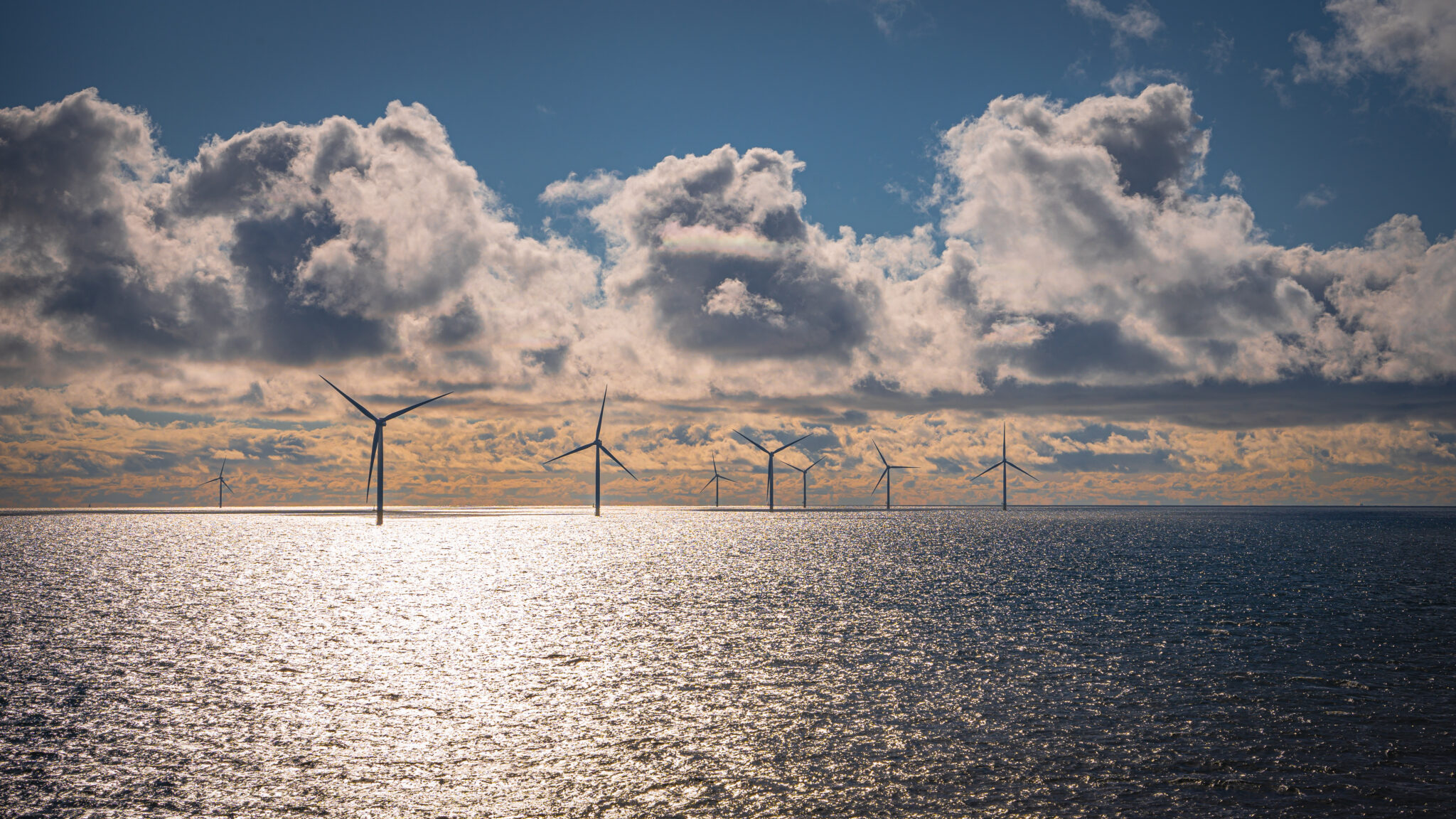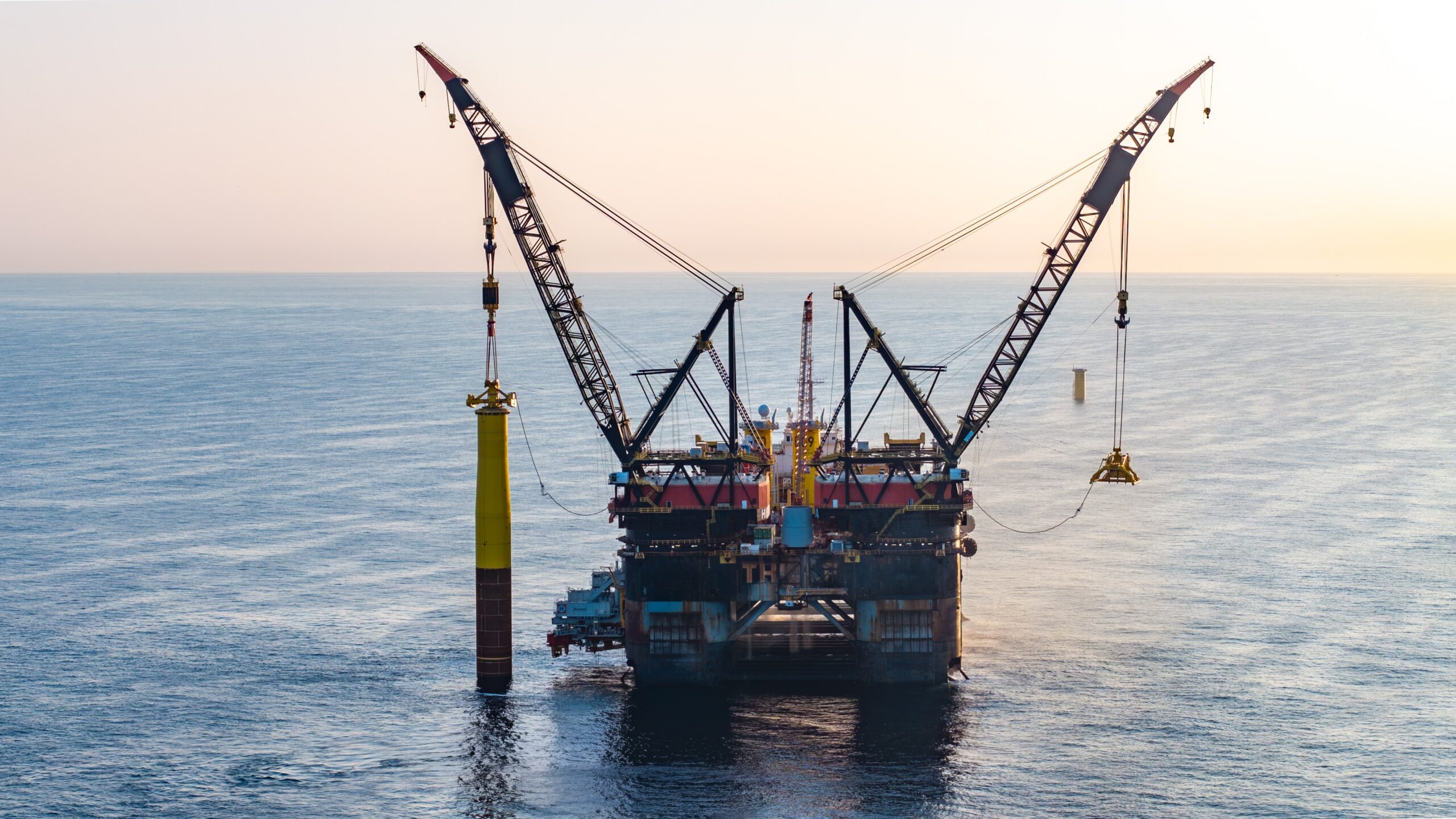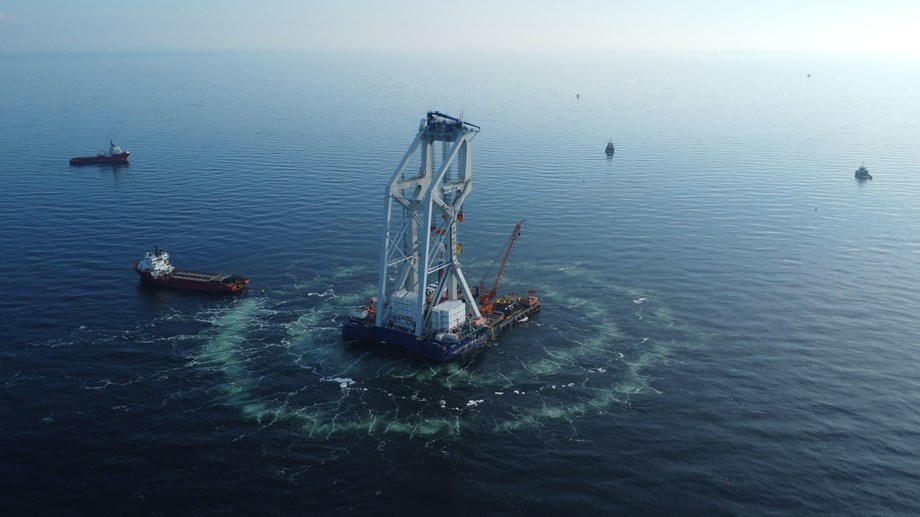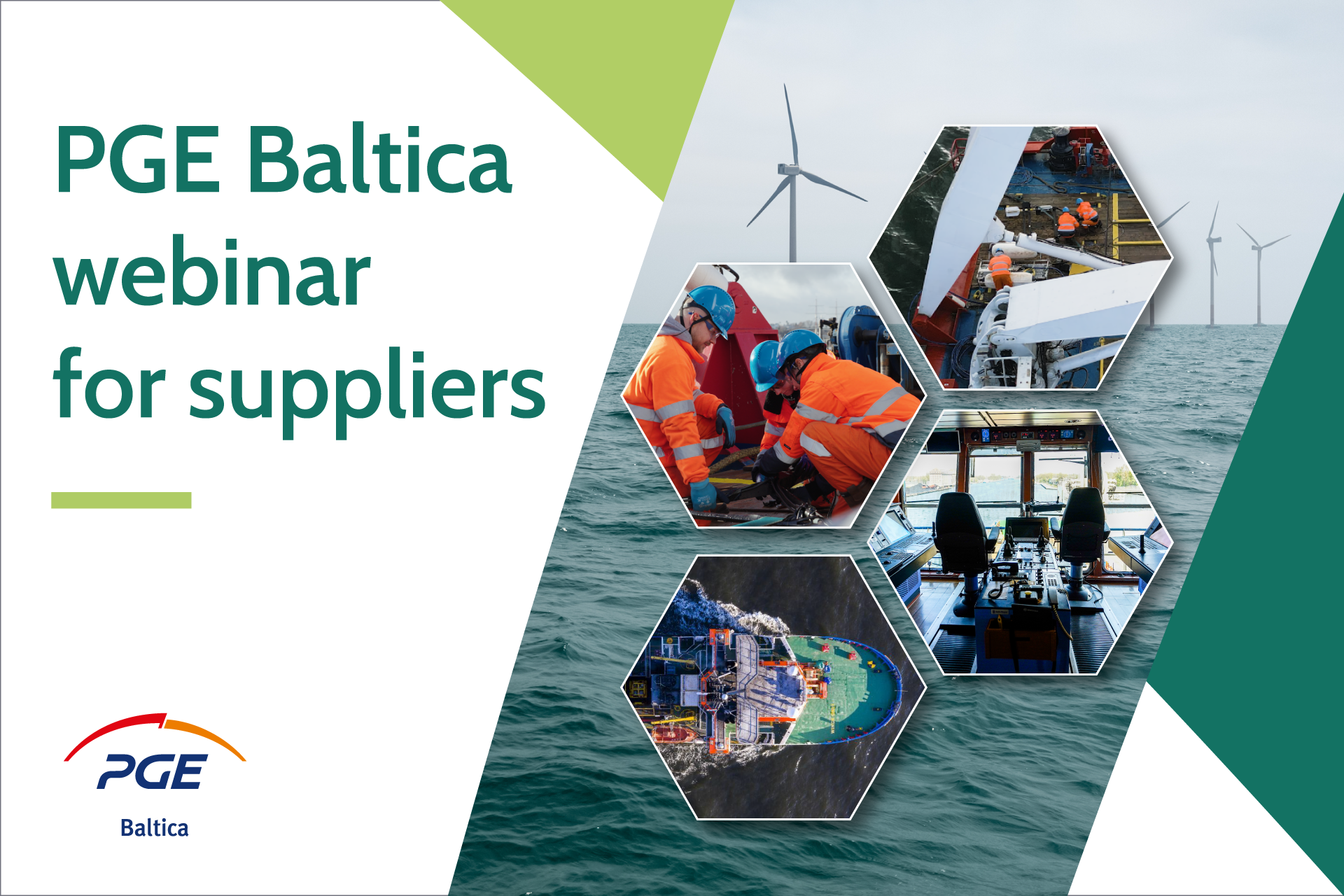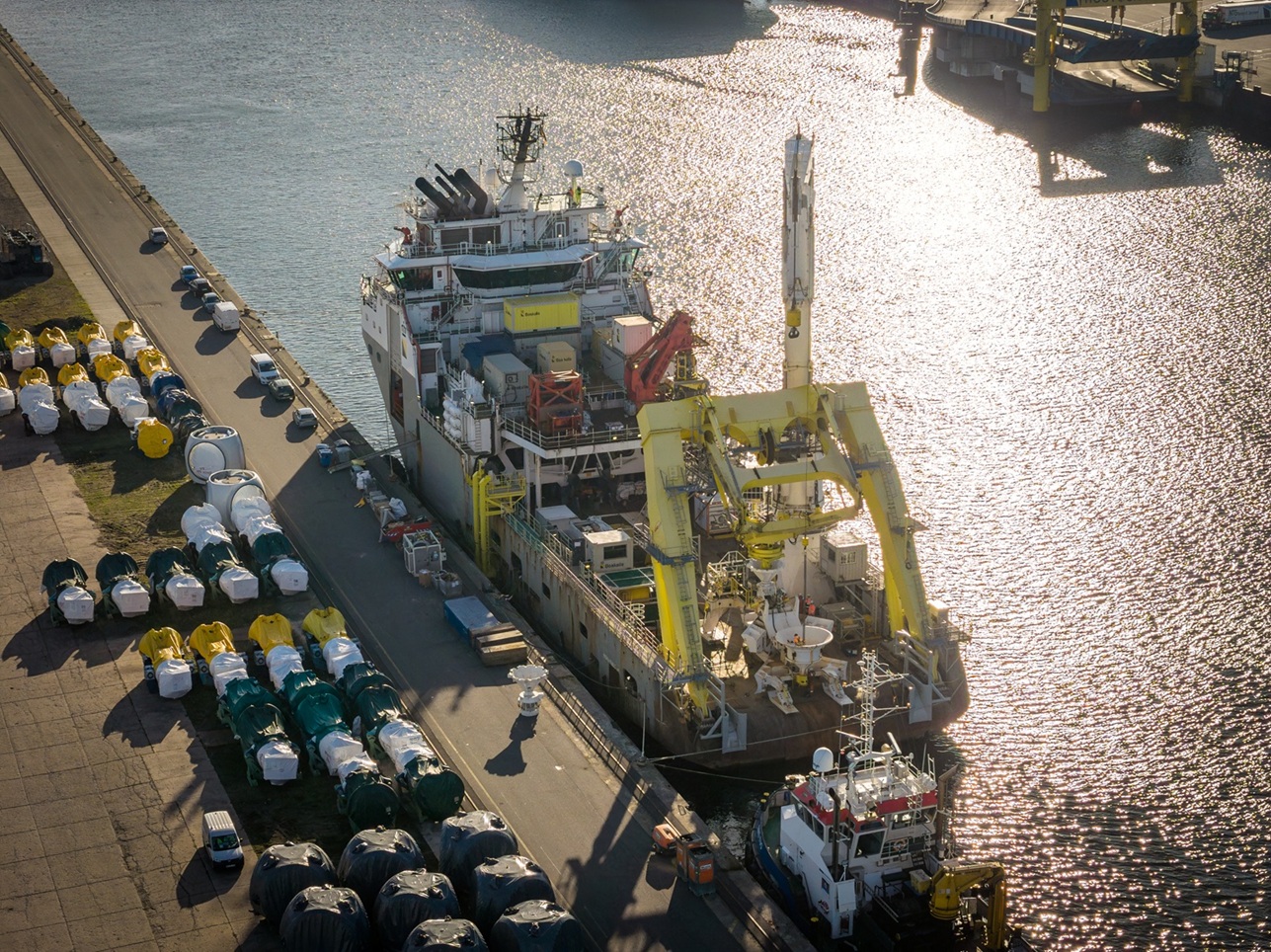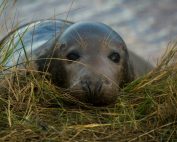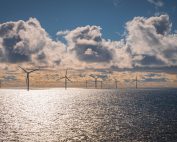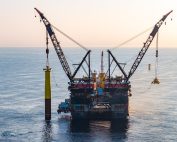On the 9th of June 2022, we had a chance to be a part of a very important and interesting dialogue between representatives of BC-Wind offshore wind farm (developed by Ocean Winds) and the stakeholders of Polish offshore wind business sector, mostly potential suppliers for local content. BalticWind.EU was a media partner of the event and was directly involved in the organization. In order to emphasize industry dialogue, the Ocean Winds Suppliers Day was organized as “100 questions to OW: How to build a Supply Chain?” – an interview between BC-Wind Project Director, Kacper Kostrzewa, and Managing Director of BalticWind.EU, Paweł Wróbel. The event was held in a hybrid form at Nobu Hotel in Warsaw and online with more than 70 guests present on-site and over 200 online. Everyone had a chance to ask their questions on topics such as procurement policy, tendering process, deadlines and involvement of the local content. We are pleased to share below parts of this dialogue and Kacper Kostrzewa’s answers that we found particularly insightful from the point of view of local content and the B2B in the offshore wind industry in Poland.
How important is the level of local content for the project? Will there be any special requirements related to the project that need to be fulfilled?
Kacper Kostrzewa, BC-Wind Project Director: From the BC-Wind project perspective we understand the local content in three dimensions. The first one is the involvement of the domestic and local companies and suppliers in order to boost the local economy. The second one is happening not just in Poland, but also as cross projects in other countries. It’s about the education of the future personnel of the offshore wind sector. We have to keep in mind that in other countries there is a background when it comes to the offshore, UK is a very good example. We are not there yet in Poland. Hence, it is not a case of building one project and leaving the contract. We want to plant a seed of knowledge within the country and within the people in order for it to be utilized not just in other projects that OW will be involved in, but also across industries. The third one is the support in the competence development in that field. We believe it’s crucial that we are going net-zero across Europe and we are quite sure that it will not be the only wave of offshore wind projects in Poland. Again, it is just the beginning of the journey when it comes to this technology in the Baltic. We define the Baltic as the “new North Sea” and our aim as a company is to have as much involvement with local companies as possible.
Local content is important to us in the project, as we have mentioned many times, in these three dimensions. I suppose the question directly relates to the involvement of local suppliers, so this is something we will also pay a lot of attention to. There are no special requirements. We evaluate these companies and their offers in terms of technical and commercial capabilities, and we try to support local content as much as possible.
To add onto that, we have talked about the companies having a strong balance-sheet and a strong backup. One of the challenges we found in other markets is that the cost during the installation is exceptionally high so, providing equipment on time and of the right quality is crucial to projects. Sometimes, some of the major contractors are quite surprised at the level of guarantees that we need. It is not just as developers. The banks, the financiers, need to have that confidence in the delivery of the components. Consequently, in some cases we are talking about parent company support, parent company bonds, guarantees or even the government supporting some of their own supply chain so the developers can take the risk and the banks are prepared to lend against the project.
It is really imperative for the industry, the government and the continuing growth of the industry to be able to demonstrate to the public, and the country as a whole, the benefits of offshore wind. Not just in producing the low carbon energy, low cost energy but also as this added value that it can bring to whichever country in which we operate. So, if the industry is to have a long and prosperous future it continues to need the support of the government, but also the general public to understand that it is a benefit to Poland. It’s a potential market for Poland, not just across the Baltic region but further in Europe. One of the things we discuss quite a lot in the UK is really understanding that we have got to continue to give back some of the positive sides of these projects. The projects have to be consented. There is lots and lots of support in general for offshore wind. However, one of the things that we need to be able to demonstrate is that we deliver not just low cost, low carbon energy but other value to the population of Poland and the Baltic region in general.
We have not just started the engagement with the local supply chain, that’s far from being true. The truth is that we have been engaging with different stakeholders and potential local partners – not just after the CfD was awarded but even before. Of course, once the CfD was awarded we fast-tracked the contracts with the local companies. So, as of today we have a good balance between the knowledge of the local content, the knowledge of the local potential contractors and a kind of roadmap when it comes to those contractors. The message that I would like to re-emphasize is that the engagement of OW with the local supply chain in Poland is not starting now – we are in the middle of the process that started a couple of years ago in order to understand how the local market works. At the same time, our sponsors, both ENGIE and EDPR, have got experience and knowledge about the local companies that can perform in Poland. Of course, we will leverage and utilize that knowledge as much as possible. Again, this is not the beginning of a journey, this is just another stage in the journey.
Will there be a supply chain database to register at or how do companies make sure to be invited for tenders by Ocean Winds?
KK: We have a database where companies can register to become a supplier for Ocean Winds not only locally but also globally. The BC-Wind project has a website where any supplier, regardless whether they are tier 1, tier 2, tier 3, can enroll themselves. It is pretty simple and we have a team of people working on that in order to help any local supplier to get involved and enrolled in the BC-Wind database. We have a similar setup when it comes to Ocean Winds database. That website gives you access not just to the BC-Wind database but also to the overall. The reason for that is that at the end of the day, we believe that a supplier that can perform in their country, in this case in Poland, could also perform in other projects that we have in different jurisdictions and countries. So again, we try to utilize the existing knowledge and we believe that any supplier that could perform well in Poland – we will give them a chance to work again with Ocean Winds, across projects and across geographies as well. I encourage all the audience to get enrolled through the register button.
When will the tendering process for suppliers of turbine components and transportation frames begin?
KK: The wind turbine package has already been released to the market a few weeks ago. From now on, during the wind turbine installation, which is expected to be in Q3 2026, we will be in a continuous tendering process, not just for the wind turbine itself but also for the transport and installation of the wind turbine.
Which industries are now key to the BC-Wind offshore supply chain?
KK: One of the key industries is the steel manufacturing industry since a significant number of our main packages are steel related. It is obvious that foundations, either monopiles (that seems to be the case for BC-Wind) or jackets, need a lot of involvement. Poland has one of the most robust supply chains when it comes to those structures and, of course, we will try to leverage as much as possible of the local content here. When it comes to cables, there are local capabilities. It has been proved that having early engagement with those companies is another way to move forward.
For us, local companies capable of performing the type of work needed by Ocean Winds are present there.
The key industries in Poland are steel manufacturers. The capabilities that are already built in Poland are extremely robust and attractive for an offshore wind developer such as ourselves. This is probably one of the best and biggest items that we have in the supply chain. We do hope to be able to benefit from that.
What are the criteria for selecting bids?
When it comes to the tender criteria, the first one is related to cost, pricing and commercial conditions. Price matters but we take into account a number of key drivers in order to get to know contractors. We have a well-defined list of general criteria that comes from financial status, quality of delivery, risk mitigation measures, KYC, delivery time and schedules are on the top of the list and, of course, taking into account the nature of the project we will keep an eye on the local content. That will be one of the key criteria when it comes to the tenders themselves. Therefore, price matters but OW as a company is taking into account a number of other drivers: local content, quality, health & safety, financial status, experience and background. Overall, it is not just one driver that is deciding who is going to be a contractor. We take a holistic approach on this.
Below please find three videos with some of the most interesting and relevant for the industry parts from the dialogue between BC-Wind Project Director, Kacper Kostrzewa, and Managing Director of BalticWind.EU, Paweł Wróbel.
BC-Wind Offshore Wind Farm. Project Status.
Ocean Winds’ global experiences and strategy for the Polish market.
Challenges for the offshore wind industry in Poland. How to register in Ocean Winds Suppliers’ Database?
Source: BalticWind.EU



